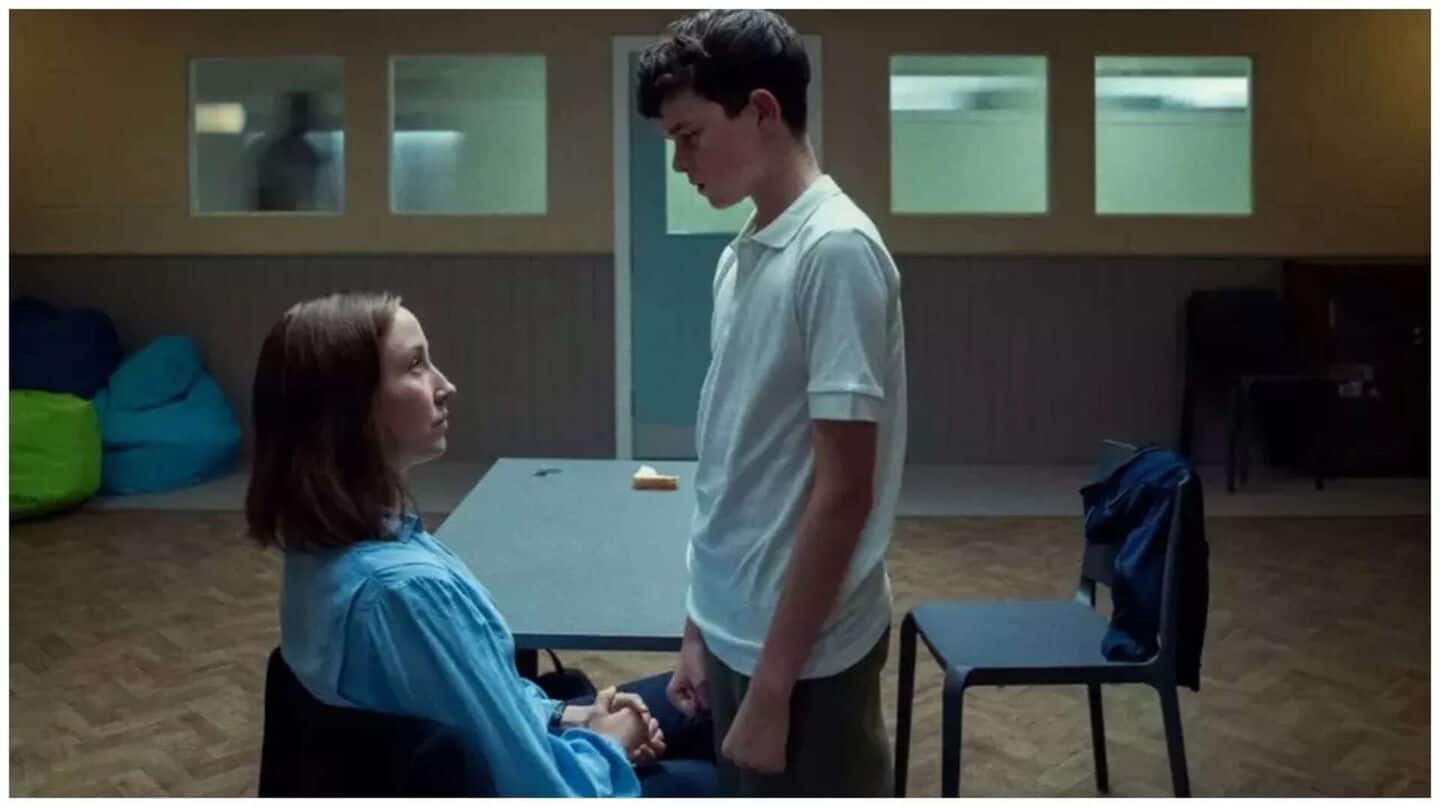
UK schools to screen Netflix's 'Adolescence' to discuss online dangers
What's the story
Netflix's latest drama series, Adolescence, has taken the UK and the world by storm.
The show, which has acquired 66.3 million views globally, tackles the difficult subject of a 13-year-old boy accused of fatally stabbing a girl at school. It also tackles the issue of social media's involvement in the matter.
As part of an initiative to promote awareness, Adolescence will now be shown in all UK secondary schools, sparking vital conversations about online safety and youth violence.
Government support
UK PM Keir Starmer supports 'Adolescence' initiative in schools
UK Prime Minister Keir Starmer has thrown his weight behind Netflix's plan to stream Adolescence for free in secondary schools across the country.
Starmer said that showing the drama widely in schools will help students better understand the impacts of misogyny, the rise of incels, and the significance of healthy relationships.
He admitted he would find it difficult to watch the drama with his own kids but stressed its educational value.
Educational impact
'Adolescence' co-creator hopes for classroom discussions
Jack Thorne, co-writer of Adolescence, said he hoped the series would spark conversations among students.
He said, "So to have the opportunity to take this into schools is beyond our expectations. We hope it'll lead to teachers talking to the students, but what we really hope is that it'll lead to students talking amongst themselves."
Actor Stephen Graham, co-creator and star of the drama, echoed similar sentiments about societal accountability in these issues.
Social media concerns
'Adolescence' success amid rising concerns over children's online safety
The success of Adolescence comes as worries about children's online safety grow.
The show has found success at a time when pornography is easily accessible and extreme misogynistic content is rampant on social media.
Controversial influencers like Andrew Tate and his brother Tristan have played a role in this.
Gavin Stephens, chair of the National Police Chiefs' Council, recently warned of such content's harmful effects on young people.